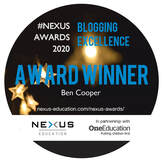|
As the digital world grows, so do the opportunities. Although there are plenty of paid applications and websites that provide exciting resources for children, there are also a number of free resources around the World Wide Web that offer free virtual trips around the world. This opportunity allows children to explore environments and locations they perhaps will never see in real life - and with new experiences, come new writing opportunities. Here are 5 of the best!
7 Comments
As the lockdown lightens, one thing that has stood out is how 'everyday people' are demonstrating their creativity in small but powerful ways. Whether it be figuring out how to deliver free school meals during social distancing; using a 3D printer to create much needed medical equipment for the NHS or recording a lockdown themed family parody of 'One Day More' on Youtube (if you haven't seen this yet, it is a must!).
Unfortunately, it is regularly documented that our current school systems do not support the development of creativity and that, due to curriculum constraints, very little time is dedicated to creative development. How is it that, in an institution designed and funded to nurture the future generation, we are struggling to develop creativity, while at the same time, trapped in a terraced house for months, creativity has thrived. What can we take away from this 'everyday creativity' and how can we harness this back in school? WAGOLL Teaching was recently featured in Ed Talks live. Ed Talks is a live fortnightly talk show for teachers and parents to bring insights, thoughts and ideas from a local and global perspective, to help with remote learning and home schooling needs. The 'Big Question for the show was 'How can we help our students be 'Future Ready'?'
Incase you missed it, we shared 25 top teaching tips for advent via our Social Media accounts. For your ease we have listed all of them below in one festive blog for you to refer back to any time you like. You are more than welcome! As always, please do get in touch with any pictures, videos or comments on how you used these tips in your classroom. We love hearing from you! We hope you had a very Merry Christmas and a Happy New Year!
Learning to think critically and reason may be one of the most important skills that today's children will need for the future. Ellen Galinsky, author of Mind in the Making, includes critical thinking on her list of the seven essential life skills needed by every child. In today’s global and rapidly changing world, children need to be able to do much more than repeat a list of facts; they need to be critical thinkers who can make sense of information, analyse, compare, contrast, make inferences, and generate higher order thinking skills. To get you started, here are six simple ways to get your children reasoning!
Inference is not just an important reading skill; it is a vital tool across the curriculum. From discovering new places or historical times, children must use what they see or read to make assumptions about what a place or time might have been like. There are so many ways you can teacher inference but here are our top activities that will engage your kids whilst helping them progress!
|
SearchWith a keen interest in the neuroscience and psychology of learning, WAGOLL Teaching is about sharing research alongside great, simple teaching ideas to a global teaching community.
Ben has been in education for over 10 years and is passionate about simplifying high quality teaching and learning through innovative and practical approaches in the classroom. sUBSCRIBE |
|
Who are we? |
With a keen interest in the neuroscience and psychology of learning, WAGOLL Teaching is about sharing research alongside great, simple teaching ideas to a global teaching community.
|
All copyright reserved ©.
I would like to remind all visitors to this website that all pages on this site are copyright protected, unless stated. Most importantly, this site is for the use and enjoyment of all children, parents, guardians, carers and teachers who are involved in WAGOLL Teaching. Please use the resources/ideas as you need without replicating them for your own gains.
I would like to remind all visitors to this website that all pages on this site are copyright protected, unless stated. Most importantly, this site is for the use and enjoyment of all children, parents, guardians, carers and teachers who are involved in WAGOLL Teaching. Please use the resources/ideas as you need without replicating them for your own gains.


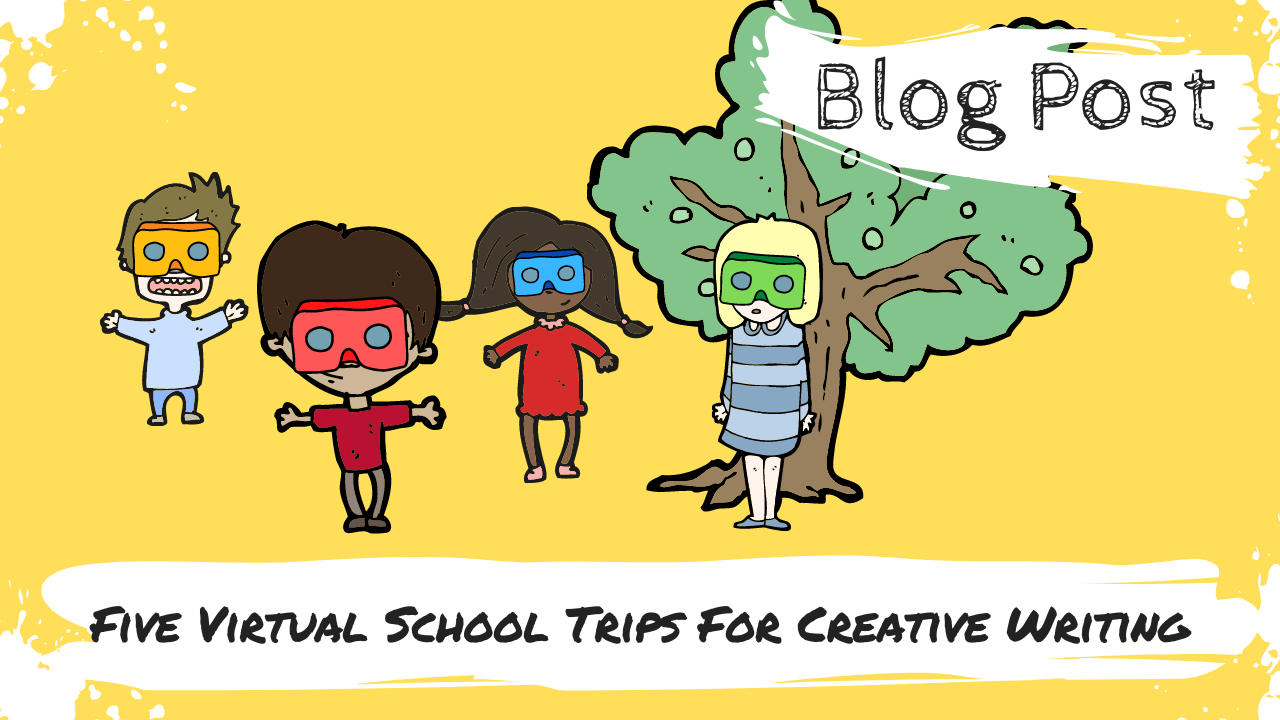
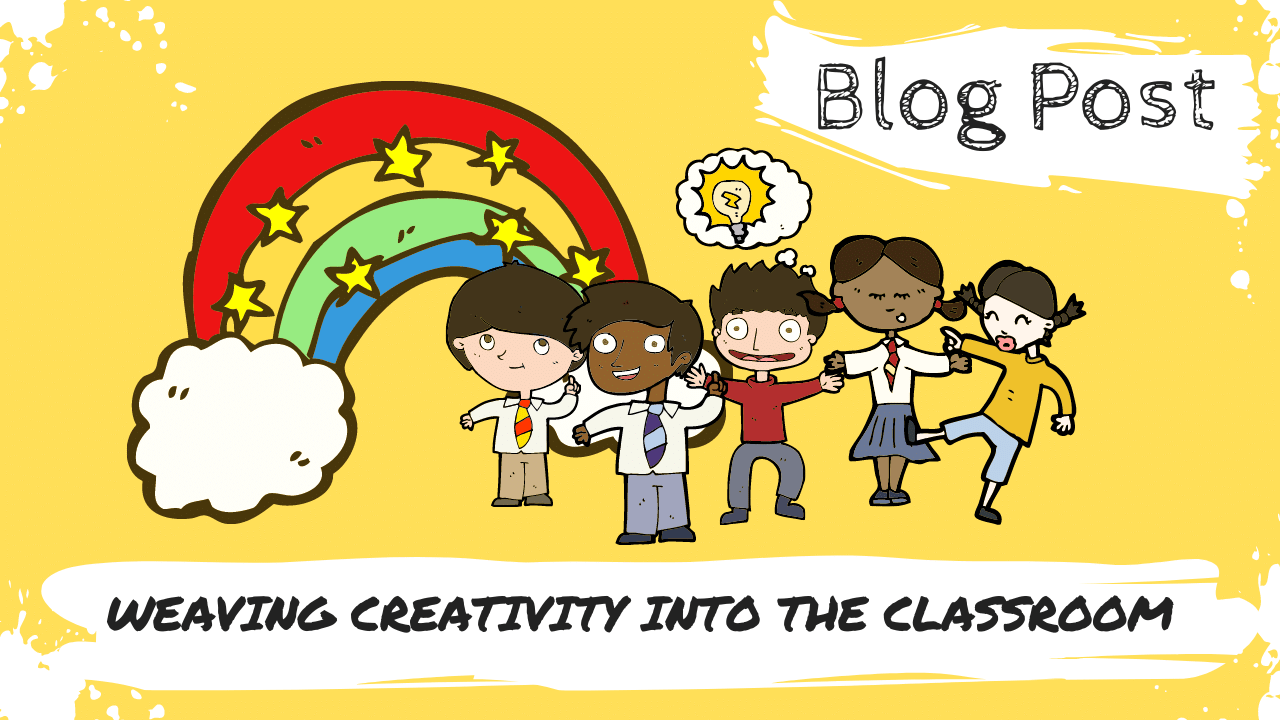

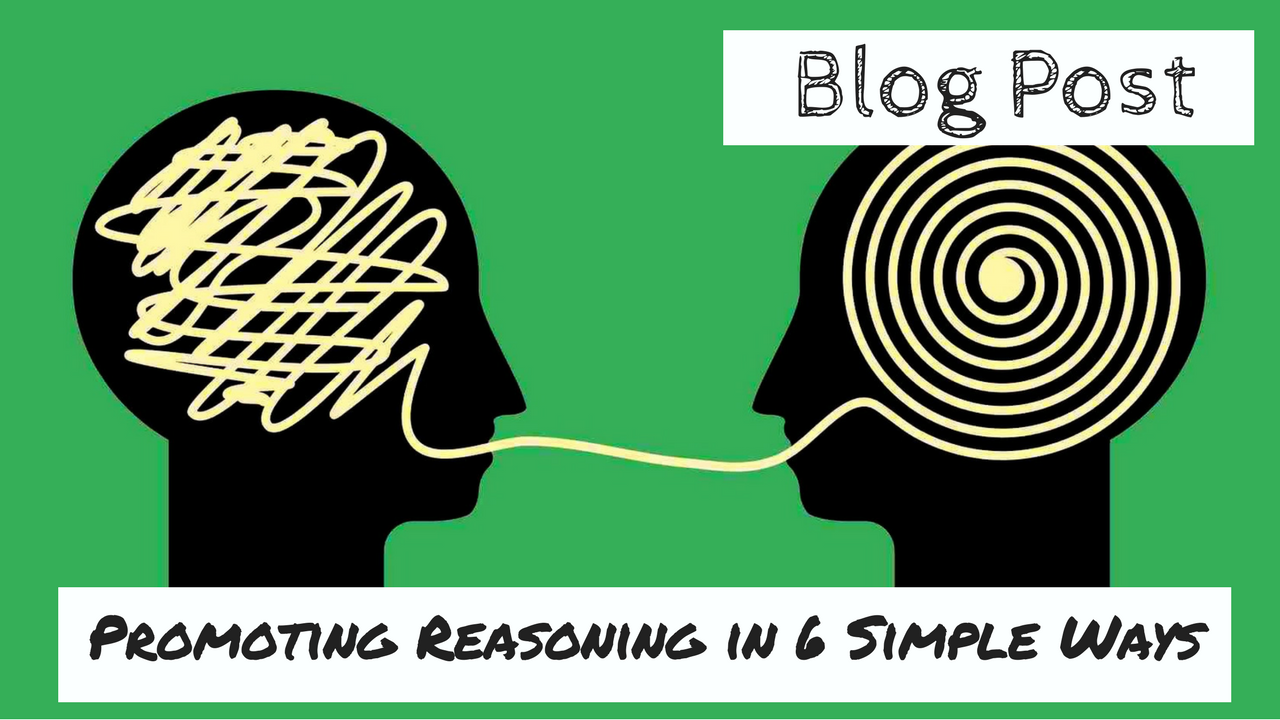
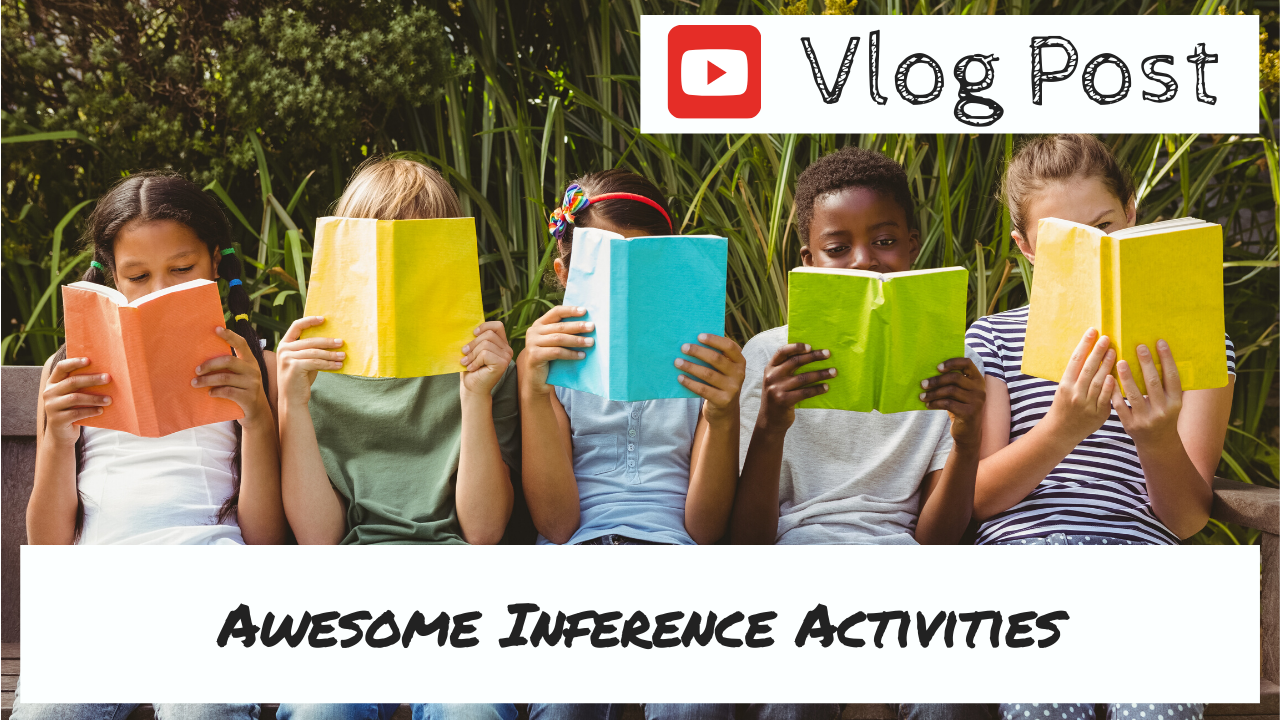





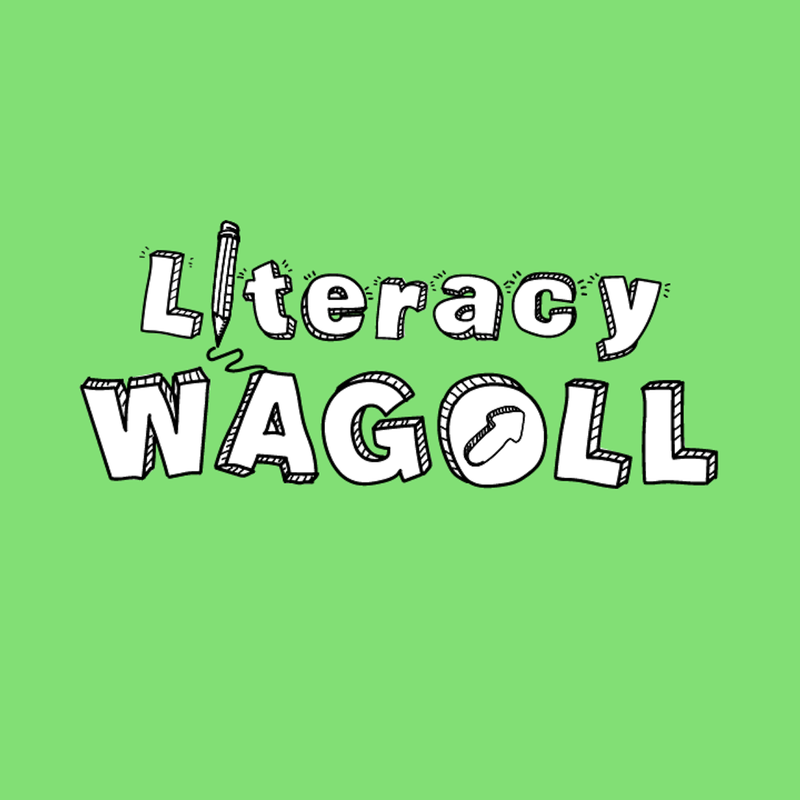
 RSS Feed
RSS Feed

